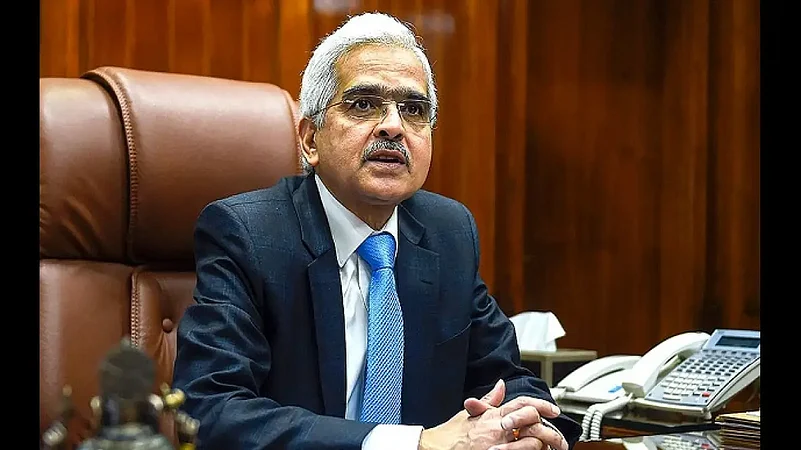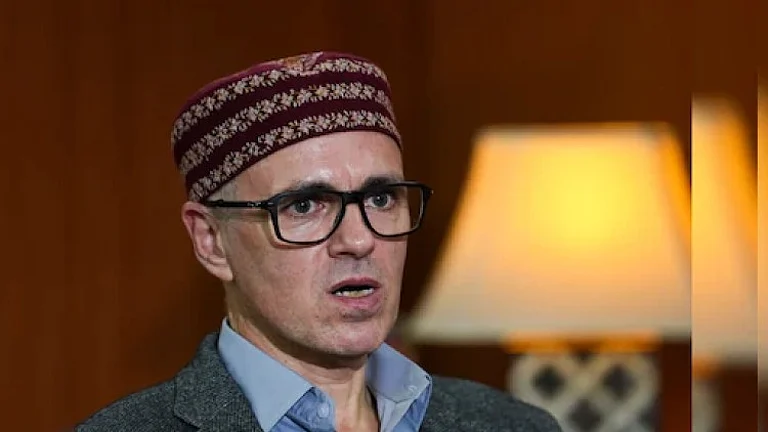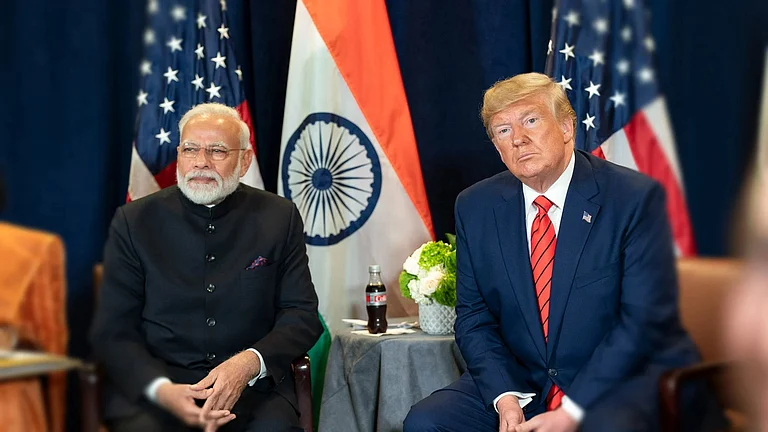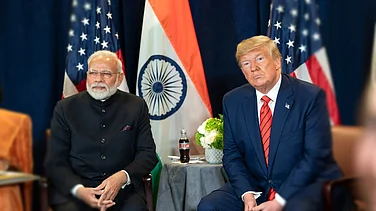Taming inflation is the top priority for South Asian countries like India as an unchecked price rise may pose risk to growth and investment outlook, Reserve Bank (RBI) Governor Shaktikanta Das said on Friday.
Speaking at an event organised by the International Monetary Fund (IMF), he said rising levels of debt, alongside sustained price pressures, pose risks to the region's economic growth and both must be contained.
Multiple external shocks in the form of COVID-related global supply chain disruptions, food and energy crisis following the war in Ukraine, and financial market volatility arising from the aggressive monetary policy tightening have exerted sustained price pressures in the South Asian economies, he noted.
During the first three quarters of 2022, food price inflation in South Asia averaged more than 20 per cent.
"While the recent softening of commodity prices and supply chain bottlenecks should help in lowering inflation going ahead, risks to growth and investment outlook may rise if inflation persists at a high level," he said.
Das said the region's heavy dependence on imported fossil fuels has made it vulnerable to imported fuel inflation.
"For successful disinflation, credible monetary policy actions accompanied by targeted supply side interventions, fiscal, trade policy and administrative measures have become the key instruments," he said.
The RBI has raised interest rates by a cumulative 225 basis points since the start of the tightening cycle in April 2022 in its effort to tame inflation that remained above the tolerance zone for 10 straight months before easing a bit to 5.88 per cent in November.
"Prioritising price stability may therefore be the optimal policy choice in the current context for the region.
"The approach to disinflation, however, needs to be mindful of the rising risks to the growth outlook in an environment of deteriorating prospects for global growth and trade activity," Das said.
Apart from inflation, he said, reducing external debt vulnerabilities, moving focus to highly productive sectors, strengthening energy security, cooperation on a greener economy and increasing tourism should be focus areas for the region.
"The surge in external debt in recent years and associated vulnerabilities have undermined macroeconomic stability in several countries of the South Asian region," he said, underscoring the importance of multilateral agencies in assisting the countries in the region.
"The role of multilateral organisations, particularly the IMF and the World Bank, becomes crucial in making debt treatment efforts more effective, while also strengthening the mechanism of recording, reporting and analysis of debt data so as to enhance transparency and preserve debt sustainability," he said, adding deep structural reforms in the region were necessary.
His comments come against the backdrop of Sri Lanka and Pakistan seeking bailout funds amid deteriorating foreign currency reserves. While Sri Lanka had forex reserves of less than $2 billion, Pakistan had reserves of under $6 billion.
India on the other hand has foreign exchange reserves of $562.81 billion in the week to December 23, 2022. Though this is lower than $632.7 billion at the beginning of the year, they are still comfortable.
Inflation in Pakistan and Sri Lanka is also among the highest in Asia.
"With the global trade outlook for 2023 overcast, greater intra-regional trade in South Asia can enhance opportunities for growth and employment in the region," he said.
"At the central bank level, a key dimension of cooperation in the region has been learning from each other on common goals and challenges, such as infrastructure financing, digital financial inclusion, reducing the cost of cross-border remittances (by linking with UPI system) and unconventional monetary policy, to name a few."


























.jpg?w=200&auto=format%2Ccompress&fit=max)




